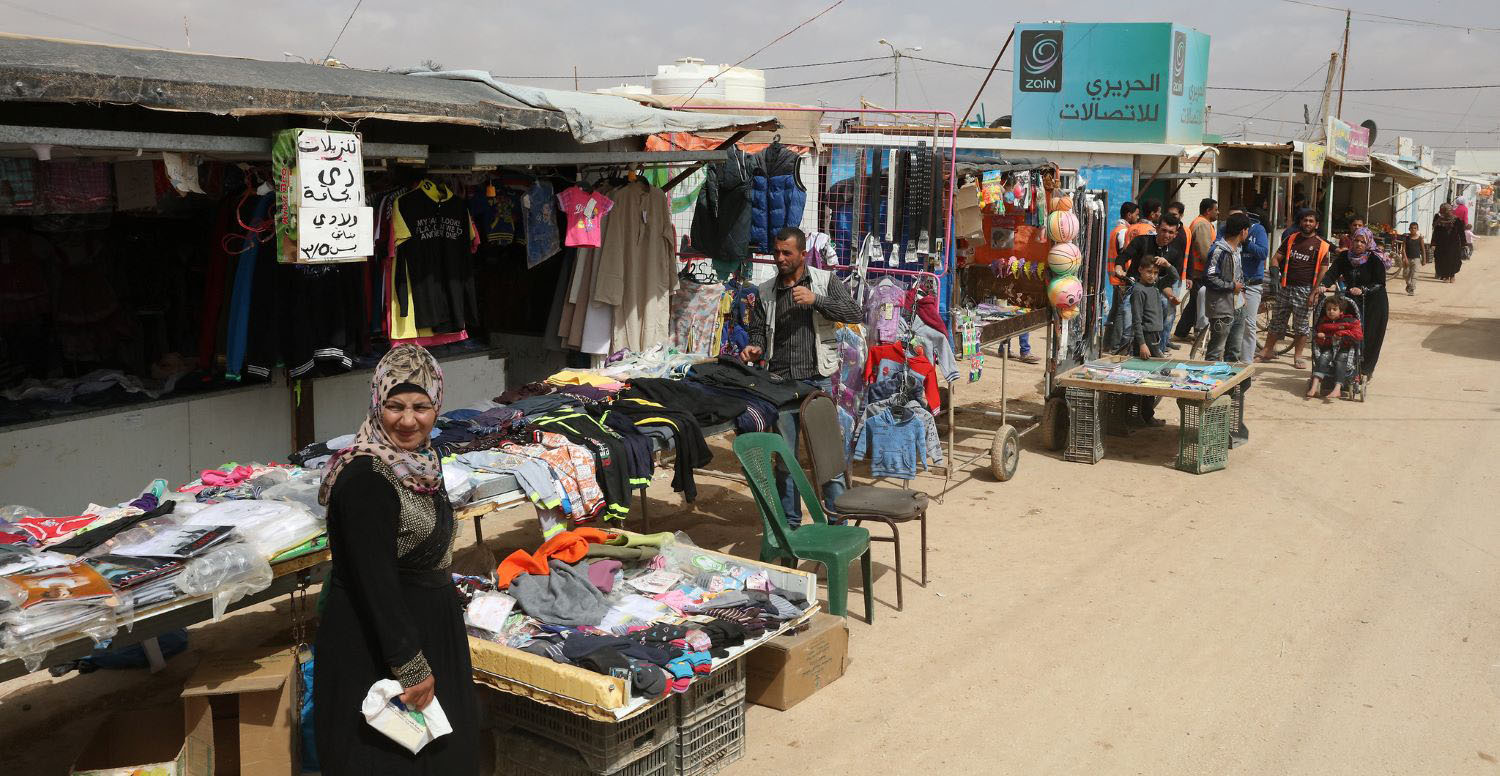When a catastrophic earthquake struck Haiti last year the U.S. government and public moved quickly to aid the survivors. The response was swift and compassionate. But America did not do something simple and low-cost that could have helped the survivors of this horrible event. It did not crack open the door and admit a small number of them to the United States.On this week’s Wonkcast, I’m joined by senior fellow
Michael Clemens to discuss why U.S. immigration policy should be part of the United States’ official humanitarian response to natural disasters. Michael, who leads CGD’s work on migration and development, recently commissioned a
working paper to figure out what if anything can be done to open a channel for limited numbers of disaster refugees to enter the United States.
It is a little known fact that the United States government no longer officially classifies victims of natural disasters as refugees (though it did so in previous decades). After the earthquake this fact barred Haitians from seeking refuge in the United States. Seeking ways to improve U.S. assistance, Michael enlisted the help of two policy expert practitioners to explore administrative and legislative options for creating a limited channel of entry for foreigners fleeing natural disasters.As an expert on the development impact of labor mobility, Michael tells me how powerful migration can be as a force for poverty reduction. For example, his
previous research has shown that just moving to the United States has lifted more Haitians out of poverty than all U.S. trade, investment, and foreign aid for Haiti combined. And migration also helps those left behind: according to his research, remittances to Haiti are both larger than aid and much more cost-effective.“[Remittances] go directly into the pockets of poor people, unlike aid, much of which is spent on helicopters and other expenses to get the aid to people,” says Michael. “It seemed clear to me that migration in some limited measure should be part of the policy response to disasters like the earthquake in Haiti.”In their CGD working paper,
Migration as a Tool for Disaster Recovery: A Case Study on U.S. Policy Options for Post-Earthquake Haiti, Royce Bernstein Murray and Sarah Petrin Williamson comb through administrative and legislative options for adding humanitarian relief from natural disasters to the considerations for granting admission to the United States. Relatively easy fixes include extending the list of countries eligible for temporary unskilled work visas or changing the definition of refugee to include victims of natural catastrophes. A
related brief by Michael and Kaci Farrell distills the main options for the busy policymaker—or legislative assistant.Some observers may dismiss these suggestions as politically unrealistic. Michael disagrees. In fact, he sees labor mobility, including for the victims of the quake in Haiti, as a good way to help when budgets are tight. “Why not do something that is extremely effective at helping that costs very little?,” he asks. “Even letting in just 10,000 Haitians – a very small fraction of the half million Haitians in the US – that’s not nothing and yet it’s something that we could very easily accomplish without destroying the U.S. economy, society, or public services. This is something that we are actually able to do and it’s cheaper and you get more bang for the buck than with aid.”Listen to this week’s Wonkcast to hear more about Michael’s
working paper and read his
report for a condensed analysis on how migration can help improve U.S. disaster relief.
If you have iTunes, you can subscribe to get new episodes delivered straight to your computer every week. My thanks to Will McKitterick for his production assistance on the Wonkcast recording and for assistance in drafting this blog post.CGD blog posts reflect the views of the authors, drawing on prior research and experience in their areas of expertise.
CGD is a nonpartisan, independent organization and does not take institutional positions.





